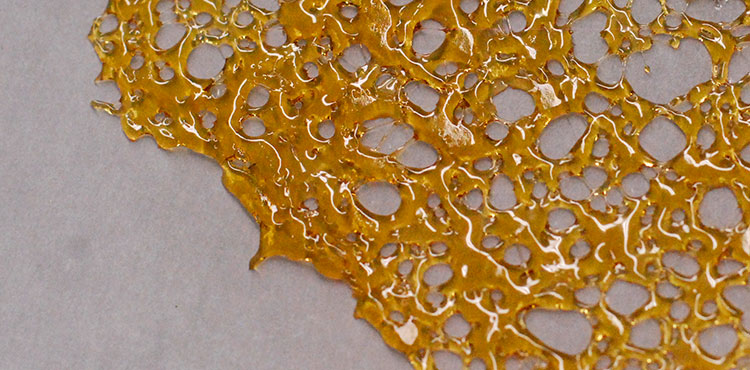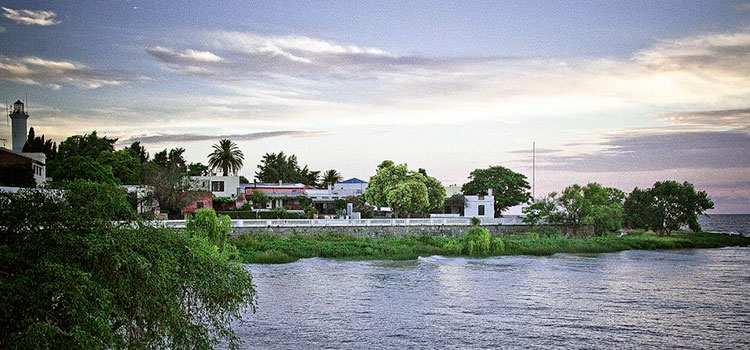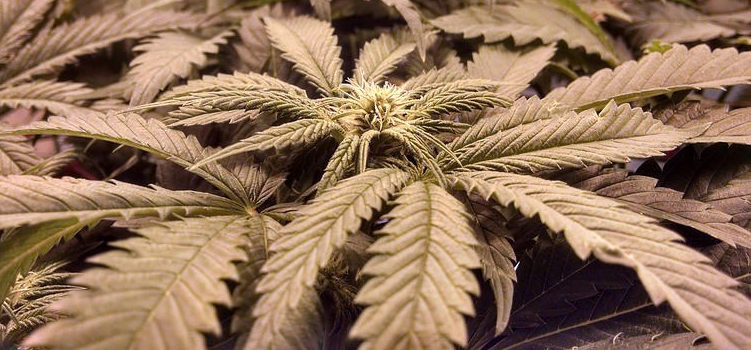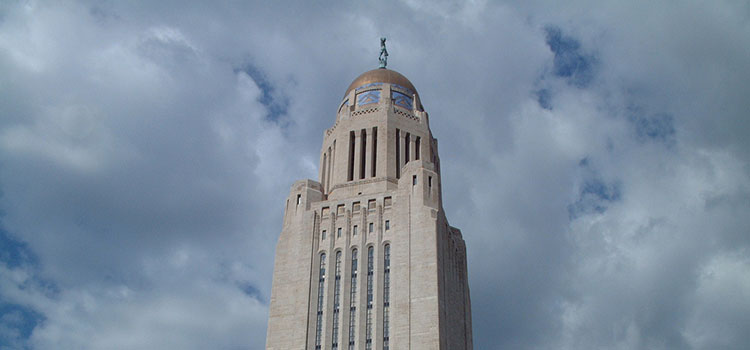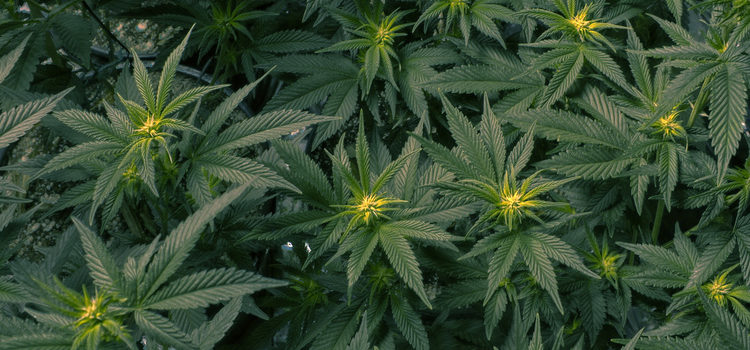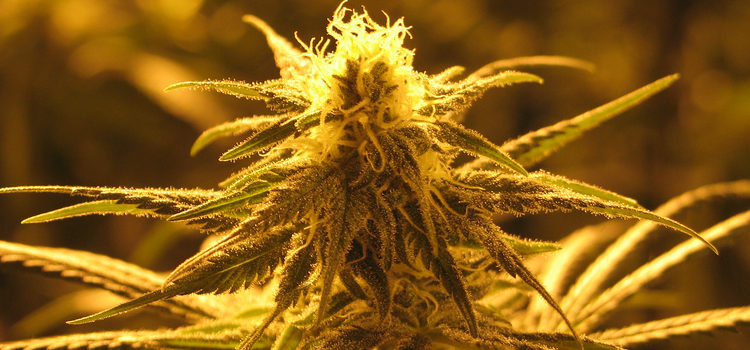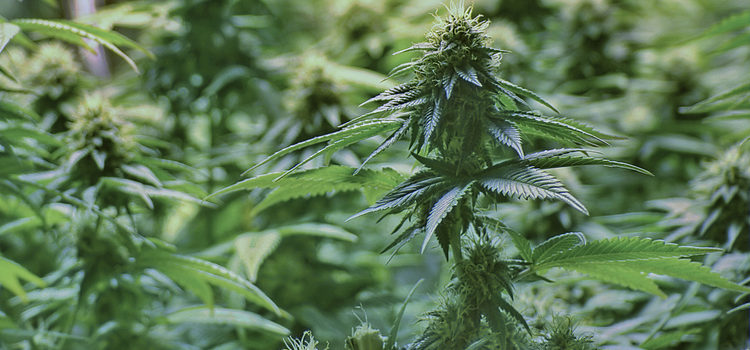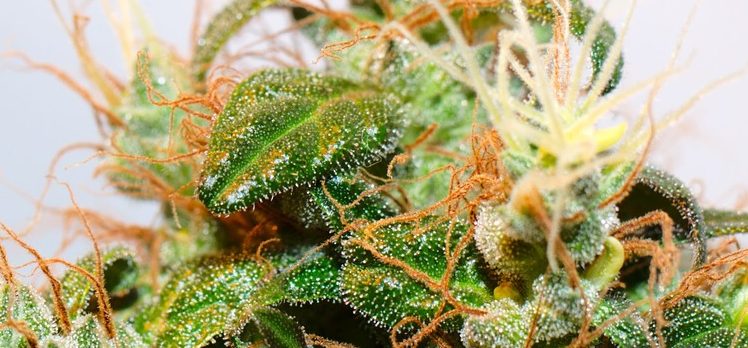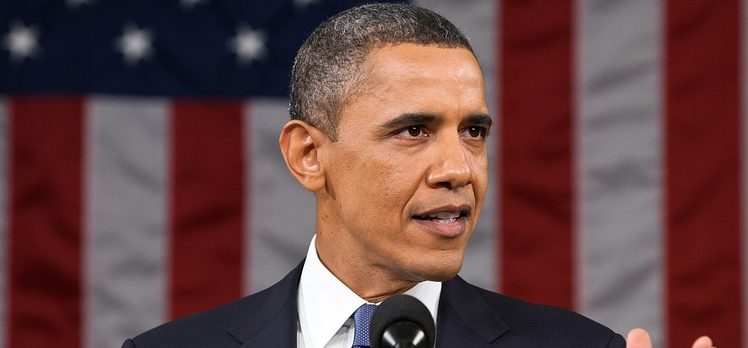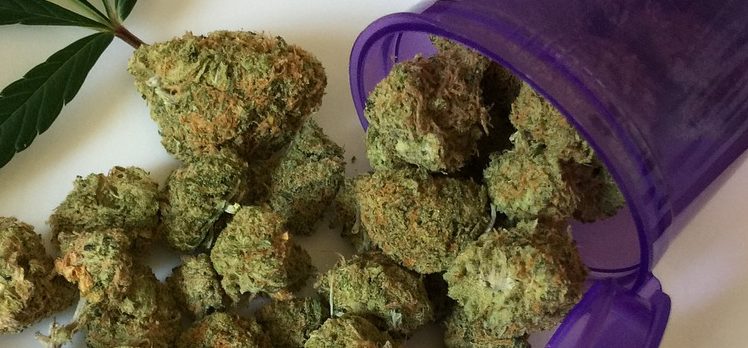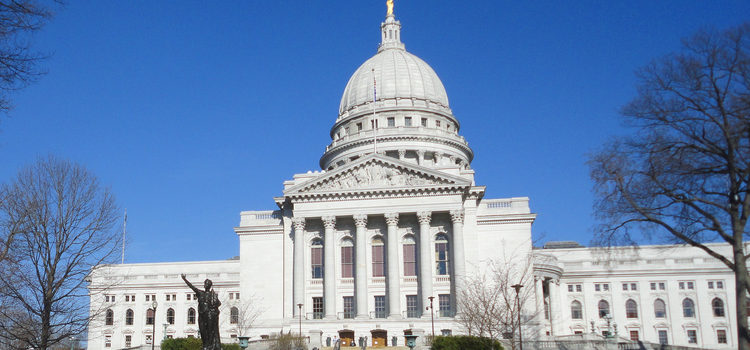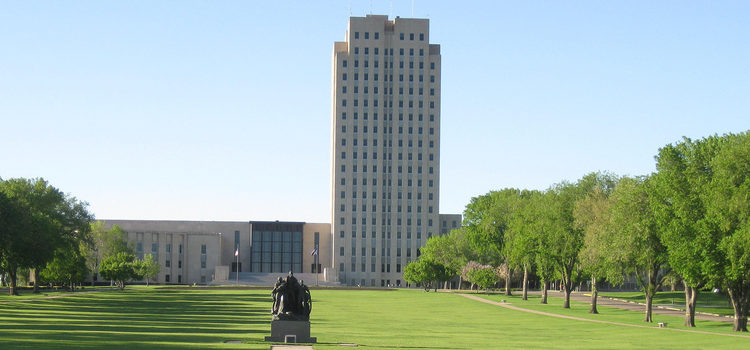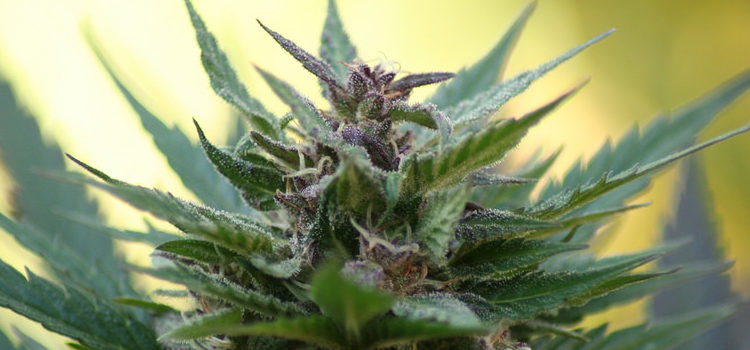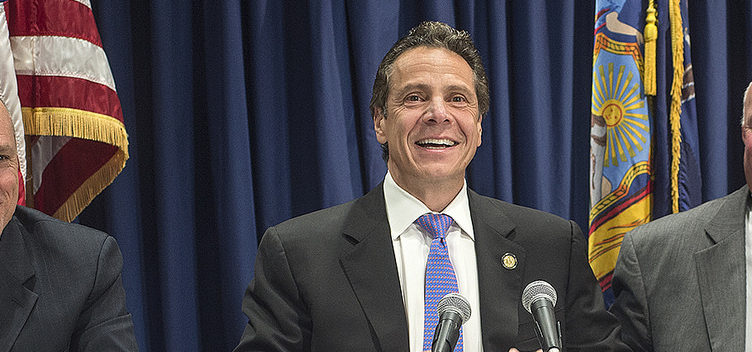Aurora Cannabis has been granted a license to distribute cannabis extracts by Health Canada nearly one year after securing its production license, the company announced in a press release. Since then, Aurora has “dedicated a portion of its production output towards the stockpiling of cannabis oils and concentrates” in anticipation of the distribution license.
The license will allow the company to expand their product line for patients and offer prescribing physicians “a high-quality alternative to inhaled products,” Aurora CEO Terry Booth said, adding that the company has made “key capital investments” that enable the firm to deploy their “differentiating extraction methods.”
“With the combined capacity from our existing production site, as well as from our planned 800,000 square foot Aurora Sky facility now under construction at Edmonton International Airport, we believe Aurora is well positioned to become one of the largest producers and distributors of cannabis oil products, which remains a key element of our developing business strategy,” he said in the release.
Aurora uses supercritical CO2 fluid solvent-free extraction techniques to create their extracts.
According to the release, the company has also recently signed a Memorandum of Understanding with Radient Technologies to evaluate an exclusive partnership for joint development and commercialization of cannabinoid extracts for the Canadian Market.
Last week, Aurora announced they had surpassed 12,000 active registered patients, less than one year after their first product sale.
End
